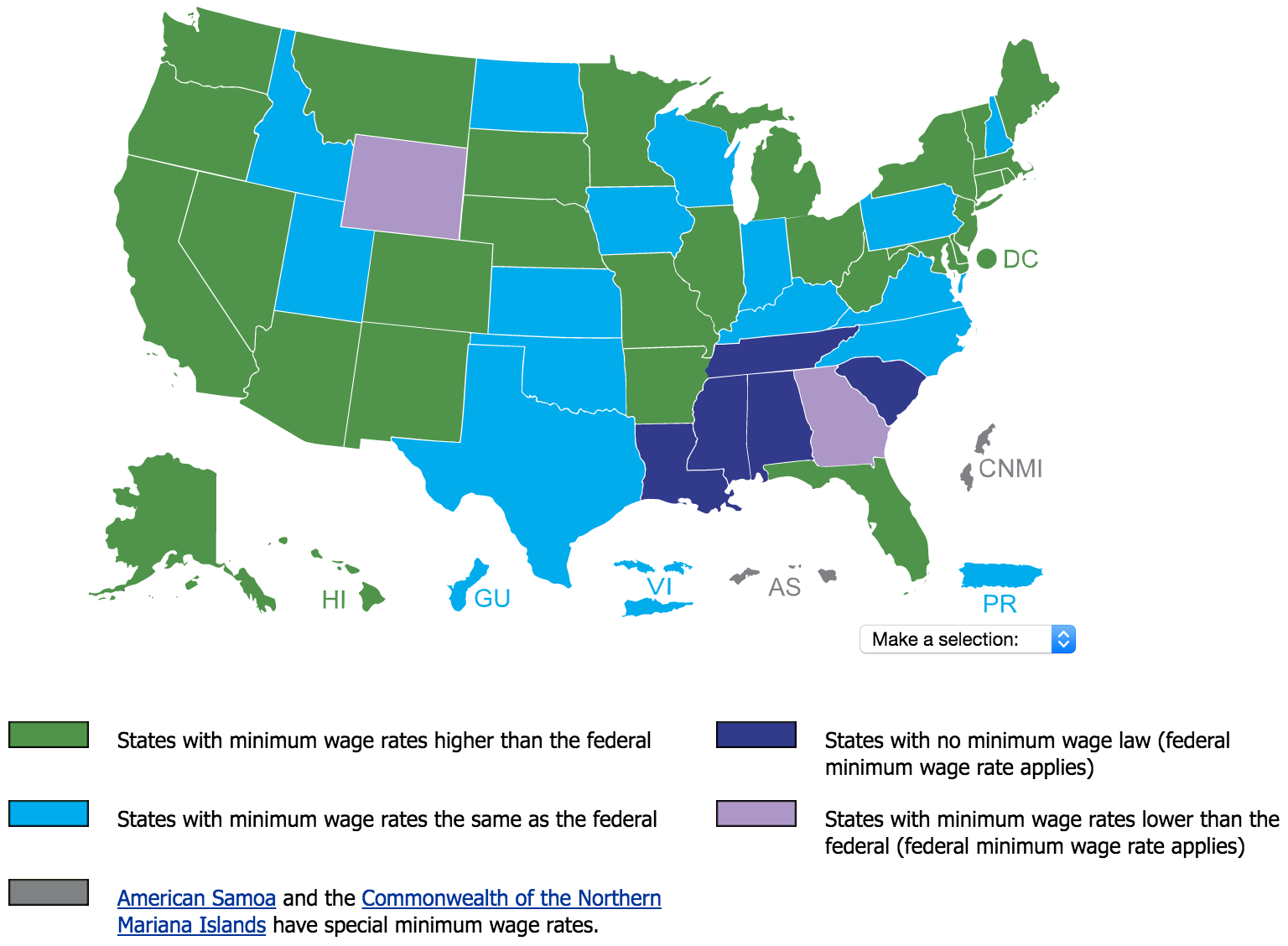This week, 25 women in 20 cities across the United States brought sexual harassment charges and lawsuits against fast food giant McDonald’s with the U.S. Equal Employment Opportunity Commission (EEOC), alleging that the company has neglected its duty to protect employees from harassment. In fact, the women claim, the company has often punished those who have spoken out against abuses, including cutting their hours and revoking promotion or training opportunities.
These are hardly the first claims that female workers have brought against the restaurant chain. In the past 10 years, the EEOC has filed multiple lawsuits against McDonald’s for allegations related to sexual harassment and inappropriate behavior at franchises across the country. In May 2018, 10 women filed harassment complaints, including “alleged groping, propositions for sex, indecent exposure and lewd comments by supervisors,” according to the Associated Press. They too alleged that they faced negative consequences when they objected to these abuses. Workers also launched strikes to protest against sexual harassment and other inappropriate treatment in May 2015 in Chicago and September 2018 in 10 cities.
These lawsuits correspond with a planned strike on Thursday, May 23, to protest low wages and the company’s refusal to get involved with franchises’ pay decisions and negotiations, as well as workers’ ability to create a union. The wider protest movement Fight for 15 (named for their demand for a $15 minimum wage) has backed the sexual harassment claims and lawsuits, as have the National Women’s Law Center’s Time’s Up Legal Defense Fund, the ACLU, and several law firms.
Because it operates on a franchise basis, McDonald’s has said that it has no responsibility or liability for any abuses (or wage decisions) at individual locations—that it is not a “joint employer” with its franchises, and franchise employees are not direct McDonald’s employees. In April, the Trump administration announced that it would reverse Obama-era interpretations of what qualified as a joint employer, which had made chains more liable for labor violations at their franchises. The Trump administration change is still in the proposal stage, but could clarify who can be held responsible for sexual harassment and wage disputes, relying on four factors: who can hire/fire the employee, who has control over work schedules, who sets pay rates and who maintains employment records. This change could make chain companies significantly less responsible for conduct at their franchises.
McDonald’s has stated that it provides comprehensive policies and training to help franchises prevent sexual harassment. The company also said that it has brought in experts to help “evolve” those processes, and set up an anonymous hotline to report harassment. However, advocates say that without visible enforcement of its policies, these steps are not enough. Workers at low-paying jobs, including fast food, are uniquely vulnerable to harassment and other workplace abuses. One 2016 study found that 40% of female fast food workers had been sexually harassed in the workplace, and that this was “substantially higher than in workplaces overall.” Additionally, the study found that 42% of female fast food workers who were harassed in their workplace “feel forced to accept it because they can’t afford to lose their job,” 21% said they faced negative professional consequences after reporting the inappropriate behavior, and 45% said they experienced physical and mental health problems as a result of workplace harassment.
As Risk Management has covered before, no matter what the industry, companies and their HR departments have the obligation to keep their employees safe from workplace harassment, and should implement strict HR policies to address it. These policies should include clear reporting guidelines (not just to tell an immediate supervisor, who is often the person harassing the employee) and strong disciplinary measures, as well as mandatory and regular anti-harassment training. For risk management and HR professionals reviewing their existing policies, these tips can help ensure they foster a workplace culture in which reporting harassment is encouraged and illegal or inappropriate conduct is swiftly and effectively investigated and punished.

